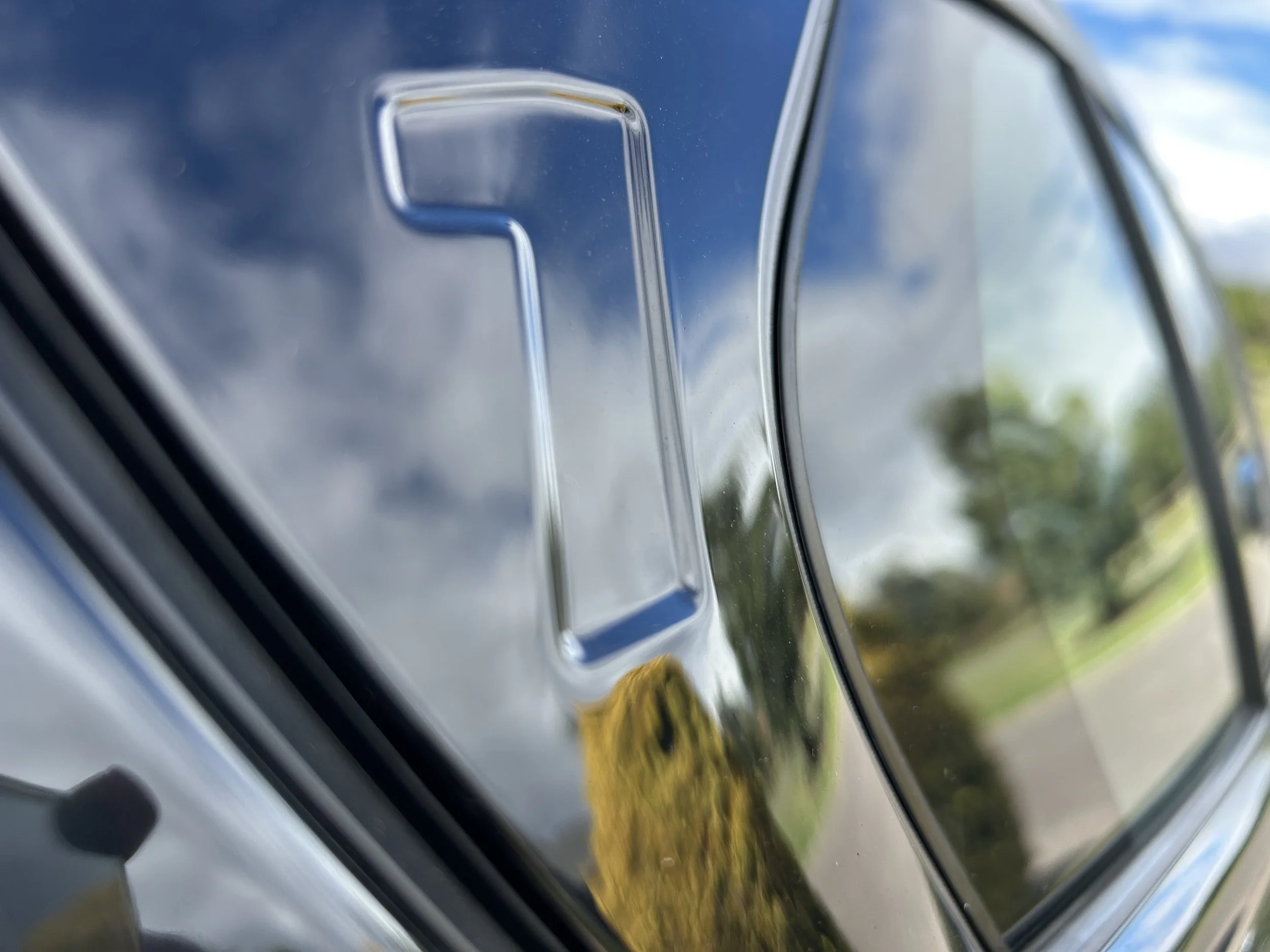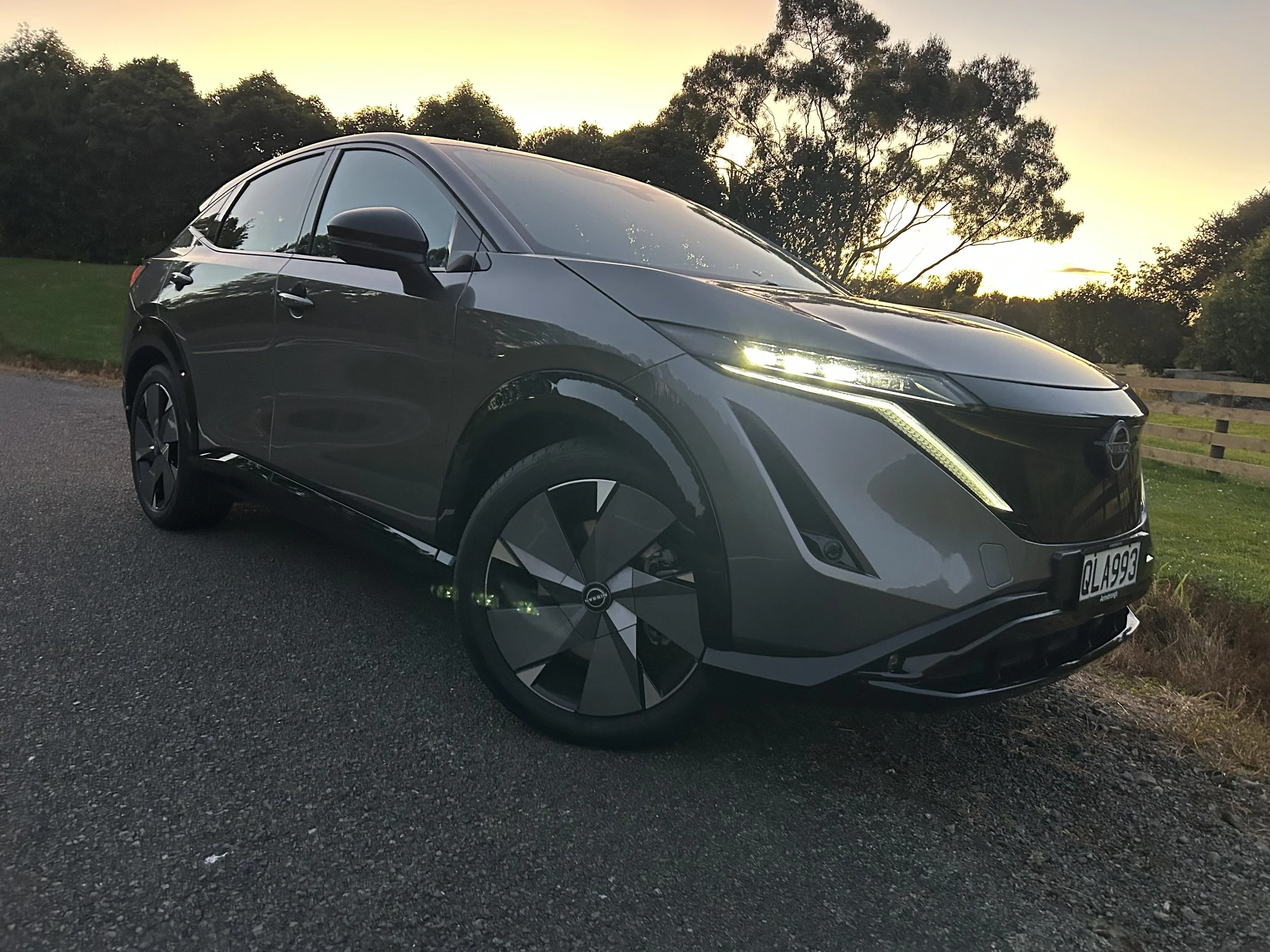Revised X7 here by year-end
/Updated lineup now has hybrid powertrains, topped by a rocketship M60i.
LAST quarter local availability has been signalled by BMW for just-unveiled upgrades to its largest sports utility.
No pricing detail has been shared for the facelifted versions of the X7, which deliver with mild-hybrid assistance across three engine options – these topping off with a M model fitted with a twin turbo petrol 4.4-litre V8 smashing out 395kW in conjunction with an electric motor - and a number of exterior and interior freshens.
Most styling changes to the United States-sourced model occur at the front with a revised split-level lighting set-up. Above recessed LED matrix headlamps sit a pair of slim daytime running lights framing a lightly restyled grille that has an option of back-lit illumination, activated when one of the doors is opened. The rear lights are revised to deliver a light-bar-like effect.
Also getting attention are the wheels, not only with a styling change but also size alteration, with the car taking up to 23 inch rims, the largest ever factory-fitted on a BMW.
The X7 interior also achieves change, notably with the Curved Display digital dashboard found on the electric iX. This combines a 12.3-inch digital instrument cluster with a 14.9-inch central multimedia screen and reduces the button count. The new system also runs the latest version of BMW's operating system, can be operated by touch, voice control or, where specified, gesture control.
A panoramic glass roof is now standard across the range and BMW has borrowed an idea from Rolls-Royce, which it owns, by provisioning the option to illuminate the glass roof at night with LED lighting giving the impression of a twinkling starlit sky.
Seven seat occupancy remains the core allure, though the rear bench seat can be replaced with a pair of more comfortable chairs with integrated armrests, all chairs being electronically-operated either way. With all three seating rows, boot space remains 326 litres, growing to 2120 litres of space when the third and second rows are folded.
Drive goes to all four wheels through a new eight-speed Steptronic transmission, biased so that the majority of that power goes to the rear.
Those hybrid-assisted engines start with the xDrive40i model and its new 3.0-litre six-cylinder turbocharged engine. Paired with the hybrid system, this powertrain produces 282kW and will provision modest electric-only running at very low speeds. The similar diesel option in the xDrive40d (3.0-litre, six-cylinder, turbocharged) makes 262kW but has more torque, 720Nm, than the petrol version.
The headline model is that M60i xDrive, which is good for 0-100kmh dash in 4.7 seconds. BMW's Motorsport division also lends it sharper dynamics, citing a stiffer suspension, active roll stabilisation and four-piston front disc brakes. The six-cylinder variants can achieve these via a cost-extra M Sport Pro package.



















